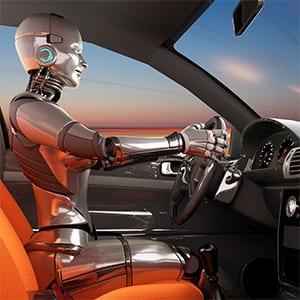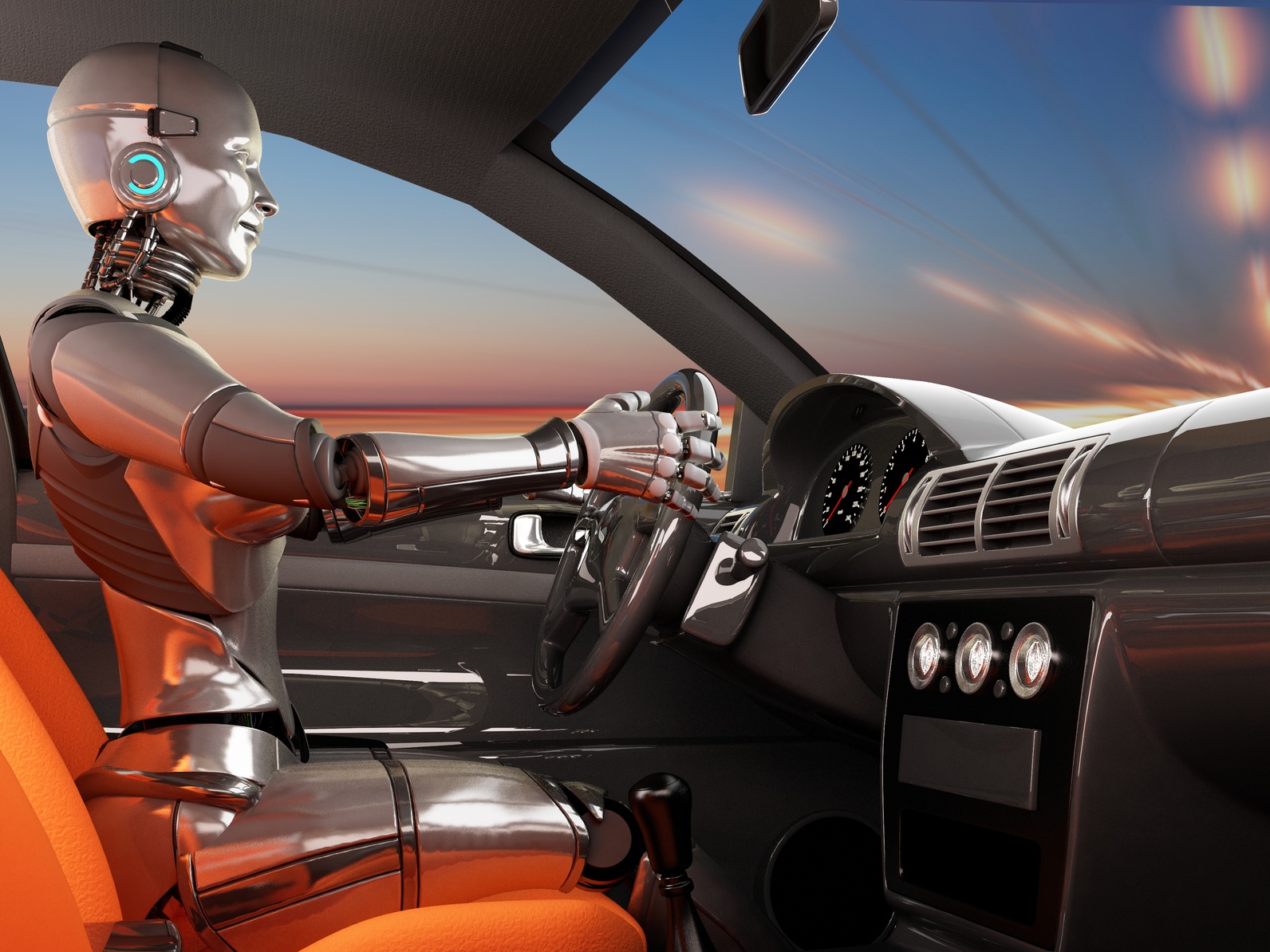The Connection Between Connected Cars and Auto Insurance Costs
Smart cars are coming. No, not those squatty little glorified golf carts. We’re talking real rise of the machine stuff with enough computer power and connectivity to give conspiracy-theory paranoids sleepless nights. Actually, if you fall into that category, you’d better stock up on your Ambien®, because smart cars are already here, and they got a bit smarter while you were reading this. Let’s take a look at what they are, their potential benefits, the drawbacks and what if any impact connected cars will have on your auto insurance.
What’s a Connected Car?
In her review of the 2014 Consumer Electronics Show (CES) for CIO.com, author J.D. Sartain offers a terrific definition of a smart, or connected, car. “You can think of a smart car as an extremely enlarged version of a smartphone, since they actually share similar operating systems and technologies.” According to Sartain, those include:
- An intelligent onboard system that enables personal communications via, phone, voice mail and email
- Peripheral communications capabilities with GPS, emergency services, traffic reports, etc.
- Multimedia entertainment access
- A variety of safety and diagnostic tools
What are the Benefits?
Connected cars can amuse you (or keep the kids from driving you to fits of road rage), find you a parking place (maybe even park your car for you) , free men from ever having to ask for directions, notify first responders in the event of an incapacitating accident, notify you insurance company and repair shop when you’ve been in a wreck, figure out why your car won’t start and steer you away from nasty traffic jams. Heck, smart cars even have passive and active accident-avoidance systems that can prevent you from backing into the bike your kid left in the driveway, eliminate blind spots and take over the steering or braking for you if they sense a pending wreck.
Examples already in place include embedded systems like GM’s OnStar. Introduced in 1996 as a snappy add-on that could do useful things like unlock your car remotely when you couldn’t find your keys, OnStar has evolved. It now has smartphone apps and a high-tech sensor systems that alert OnStar HQ if your car has been in an accident and automatically send help to the scene. Toyota offers a similar system in the event of airbag deployment. And hot on their heels is the next big thing: AT&T Drive, introduced at CES 2014. It will include over-the-air diagnostic systems and other cellular-enabled features, along with in-car entertainment.
What are the Drawbacks?
All this tech is totally cool, but every silver lining comes wrapped in a cloud or two. High tech, especially new high tech, comes with a high price tag, so expect to pay for your new bells and whistles. J.D. Sartane notes that GM smart car ignition keys cost $350! It also frequently comes with glitches that have to be worked out with new versions. Unless you have deep pockets, you may want to let the early adapters deal with the inevitable bugs.
Another drawback, according to TheLocalCircuit.com blogger Matt Forman, is implementation. “If tradition is followed,” Forman writes, “older vehicles will not be required to have this technology in place. That means implementation will take several years, if not decades to fully realize.” Which means, you may have the best accident avoidance system on the planet, but that 1986 Yugo behind you doesn’t.
Privacy is a big concern, too. All those connected systems amass huge amounts of data. What’s collected? Who owns it? Who has access to it (legally or otherwise)? What’s it being used for? There are no clear-cut laws or policies in place.
Security is an issue, as well, according to Megan Anderle, writing for RealBusiness.com. “Another major concern is the potential for hackers to send fake messages to a connected vehicle, confusing the driver and possibly causing accidents.”
Finally, your corner mechanic may not have a clue how to fix your tricked-out high-tech ride. And even if he does, He may not be authorized to fix a unique, proprietary system.
What’s The Impact on Your Car Insurance Costs?
Accident-avoidance systems can mean fewer or less severe accident, which in turn can keep auto premiums down, but there’s more to it than that, according to Sunil Nayak, Director of Product Management for Mitchell International, North America’s leading provider of Property & Casualty claims technology solutions for the vehicle insurance and auto repair industries. “It will also revolutionize the way our industries handle accidents when they do occur,” Nayak says. He notes that Mitchell’s TechAdvisor, an online database of repair procedures, provides repair shops with immediate, one-stop access to current vehicle information following an accident. Faster, more accurate handling of a repair brings down costs for insurance companies, which also helps hold down premiums.
You can shop for competitive car insurance quotes online here.

 EINSURANCE
EINSURANCE